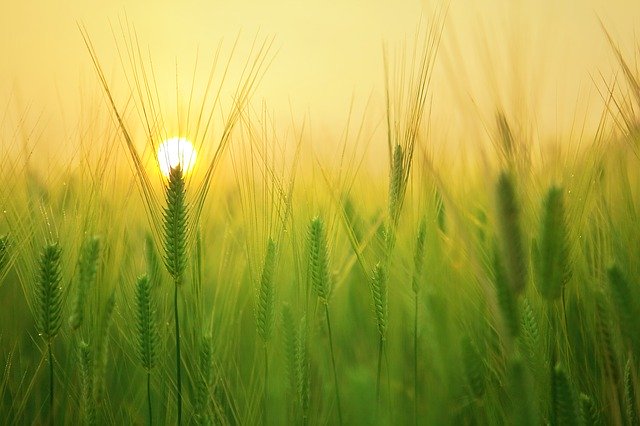The world faces a serious health crisis with “SARS-CoV-2” and the disease it causes COVID-19, which wasstatedas a pandemic by the World Health Organization. Most of the global community like ISF, EFSA came together in supporting measures to prevent further spread of the virus and its seismic impact on Agriculture and its allied sectors.14.6 per cent of India's GDP is comprised of Agriculture and its allied sectors and More than half of the country's 1.3 billion population livelihood is depending on this as per World bank data.
India 's agricultural services and farm machinery industries have been cumulatively tempting an FDI equity inflow of around $2.5bn according to data by Department of Industrial Policy and Promotion (DIPP). However, $7.81 billion received for food processing from April 2000 to June 2017. As most of the movements of people and vehicular traffic is continuing restricted, there have been many concerns about the negative effects of the COVID19 on the agricultural economy. Also, due to complete lockdown in whole country there has been a gap of supply- chains, logistics delays and shortage of workers in farmlands. Additionally, this time of year in India is the peak season of maturity for rabi and crops like wheat, gram, lentil etc. It is also the season when the farm harvests hit market yards for assured procurement activities.
Severe disruption to the supply chain and non-availability of labour has hurt operations in many parts which tends to meet the increasing demand and price. Due to this shortage of labour, Commercial crops has been drastically hit. Consequently, this shortage results into a sharp surge in daily remunerations for harvesting crops. upsurge in labour costs and lack of access means farmer’s massive losses.
On the other hand, Finance minister Nirmala Sitharaman rolled out sweeping reforms for the farm sector including a new central law to allow farmers to sell their produce freely and get better prices as well as she announced ?1.5-lakh-crore package to strengthen infrastructure and logistics which help value addition. Also as part of stimulus package PMMSY (Pradhan Mantri Matsya Sampada Yojana) is launched which comprise as an integrated, sustainable, inclusive development of marine and inland fisheries. Under PMMSY separate 20000 crores will be spent on infrastructure and activities in marine and aquaculture. Still We need to check the long-term impact of this on economy as agriculture is a large contributor.
Beside all these some positive dialogsin relation to spread of COVID19 are also exist like “There is zero evidence that food is a probable source or transmission route of the virus” says by European Food Safety Authority (EFSA) and Centre for Disease Control and Prevention (CDC). In short, due to deprived survival of coronaviruses on surfaces, there is possible a very small chance of spread from productsdelivered at ambient temperaturesover a period of days or weeks.
Most researches proposed that Smart agricultural techniques and Artificial Intelligence (AI) technologies can act a crucial role to uplift the growth in agriculture after pandemic. By using these, farmers can monitor crops, soil and the whole of the farmland. Data related to land has been also provided to farmer which benefit them in predicting the crop and soil condition. Which indirectly enhance the crop quality and accuracy ofsensing the diseases related to poor plant nutrition and pests.
